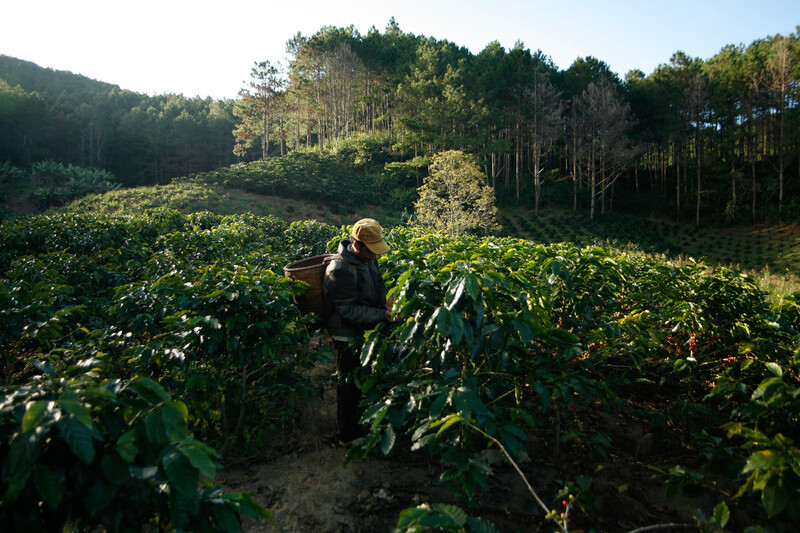
Photo by Shanice Garcia on Unsplash
How Tourists Can Support Sustainable Agriculture around the Mekong Region
Agriculture has been a double-edged sword for the Greater Mekong Sub-Region: while it provides an ample source of nutrition and business for GMS countries, it also places undue pressure on the environment.








